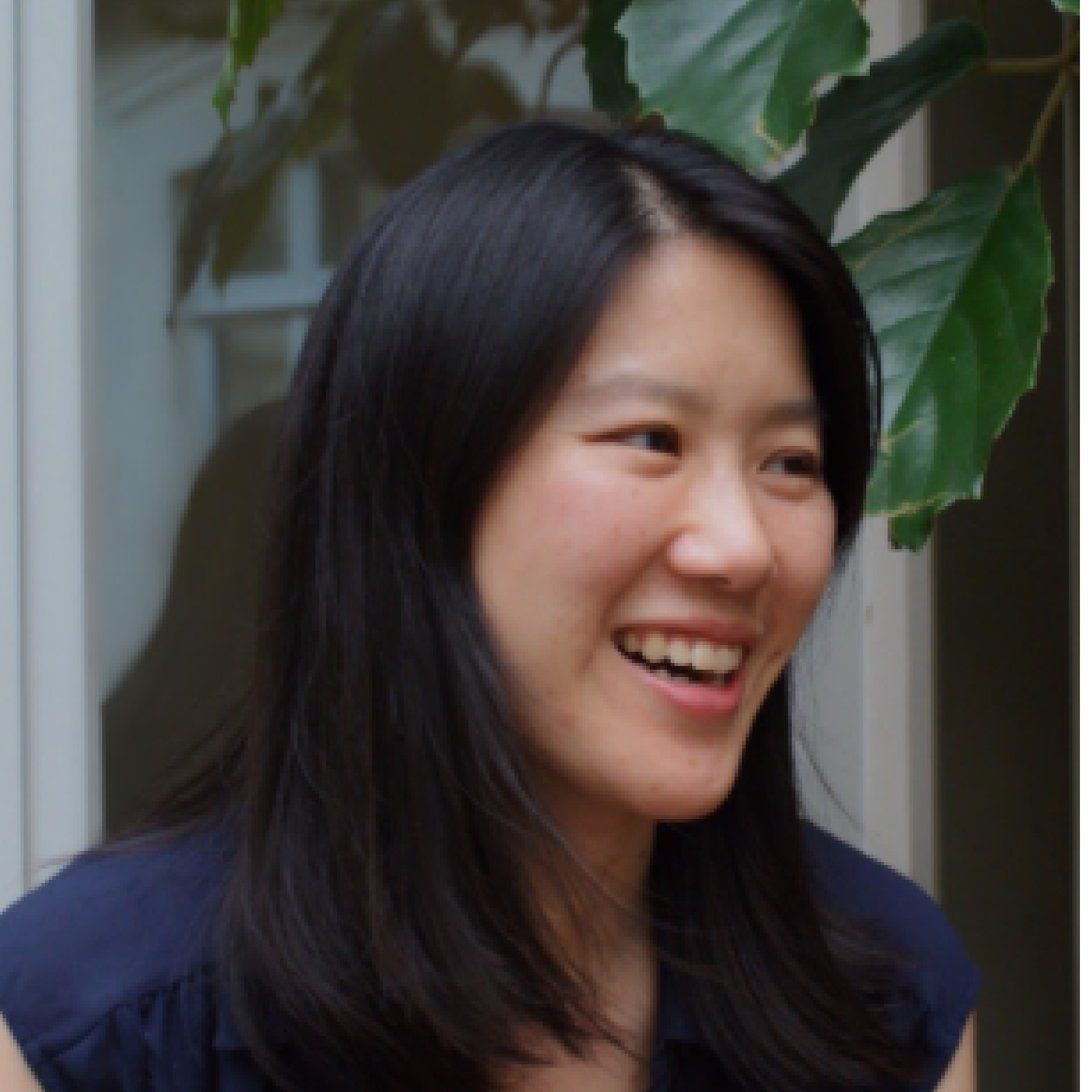“However much we are affected by the things of the world, however deeply they
may stir and stimulate us, they become human for us only when we can discuss
them with our fellows. Whatever cannot become the object of discourse -
the truly sublime, the truly horrible or the uncanny - may find human voice
through which to sound into the world, but it is not exactly human.
We humanize what is going on in the world and in ourselves only by
speaking of it, and in the course of speaking of it we learn to be human.”
― Hannah Arendt, Men in Dark Times
The Fromm Institute invites you to conversations of ideas, views and experiences on the topic of Racism in the United States. Addressing a different aspect of Racism each week, join Fromm Institute Professor Mara Kolesas in a conversation with guest speakers followed by a question and answer period with attendees. Each conversatory is designed to build on the others, however attendance at prior conversatories is not required. All events are free and open to the public, but attendance is limited. All of the "Conversatory on Racism" Lectures can be viewed on the Frommcast. CLICK HERE.
About the Moderator
 Mara Kolesas is a political theorist whose interests extend from the conceptualization of citizenship, democracy, and human plurality to issues of political subjectivity, social justice, education, and the thought of Hannah Arendt. She received her doctorate from the New School of Social Research in New York, and has taught in Argentina, Peru, the US, and Lebanon. Committed to bringing academic insights to practical uses and social endeavors, she has worked as a strategist, institutional analyst, DEI practitioner, and consultant for organizations such as the University of California and the United Nations.
Mara Kolesas is a political theorist whose interests extend from the conceptualization of citizenship, democracy, and human plurality to issues of political subjectivity, social justice, education, and the thought of Hannah Arendt. She received her doctorate from the New School of Social Research in New York, and has taught in Argentina, Peru, the US, and Lebanon. Committed to bringing academic insights to practical uses and social endeavors, she has worked as a strategist, institutional analyst, DEI practitioner, and consultant for organizations such as the University of California and the United Nations.
Past Conversatories



January 22, 2021
Richard Thompson Ford - "Race Card, Rights Gone Wrong, and Dress Codes"


August 24, 2020
Rodolfo Mendoza Denton, “Racism, Stigma and Intergroup Relationships”



May 14, 2021
Koritha Mitchell - "African American Women, Achievement and Citizenship"

September 2, 2020
Franita Tolson – “Is there a Constitutional
Right to Vote? Mechanisms of Voter Suppression”


March 21, 2021
Cristina Mora - "Making Hispanics"

May 21, 2021
Karen Umemoto - "Perpetual Foreigner - Anti-Asian Hate and What We Can Do About It"



April 21, 2021
Maha Elegenaidi - "Countering Islamaphobia"

May 28, 2021
Michelle Kuo - "A Memoir of Education, Race, Justice: What Social transformation is Necessary to Change a Life"
“However much we are affected by the things of the world, however deeply they may stir and stimulate us, they become human for us only when we can discuss them with our fellows. Whatever cannot become the object of discourse - the truly sublime, the truly horrible or the uncanny - may find human voice through which to sound into the world, but it is not exactly human. We humanize what is going on in the world and in ourselves only by speaking of it, and in the course of speaking of it we learn to be human.”
― Hannah Arendt, Men in Dark Times
